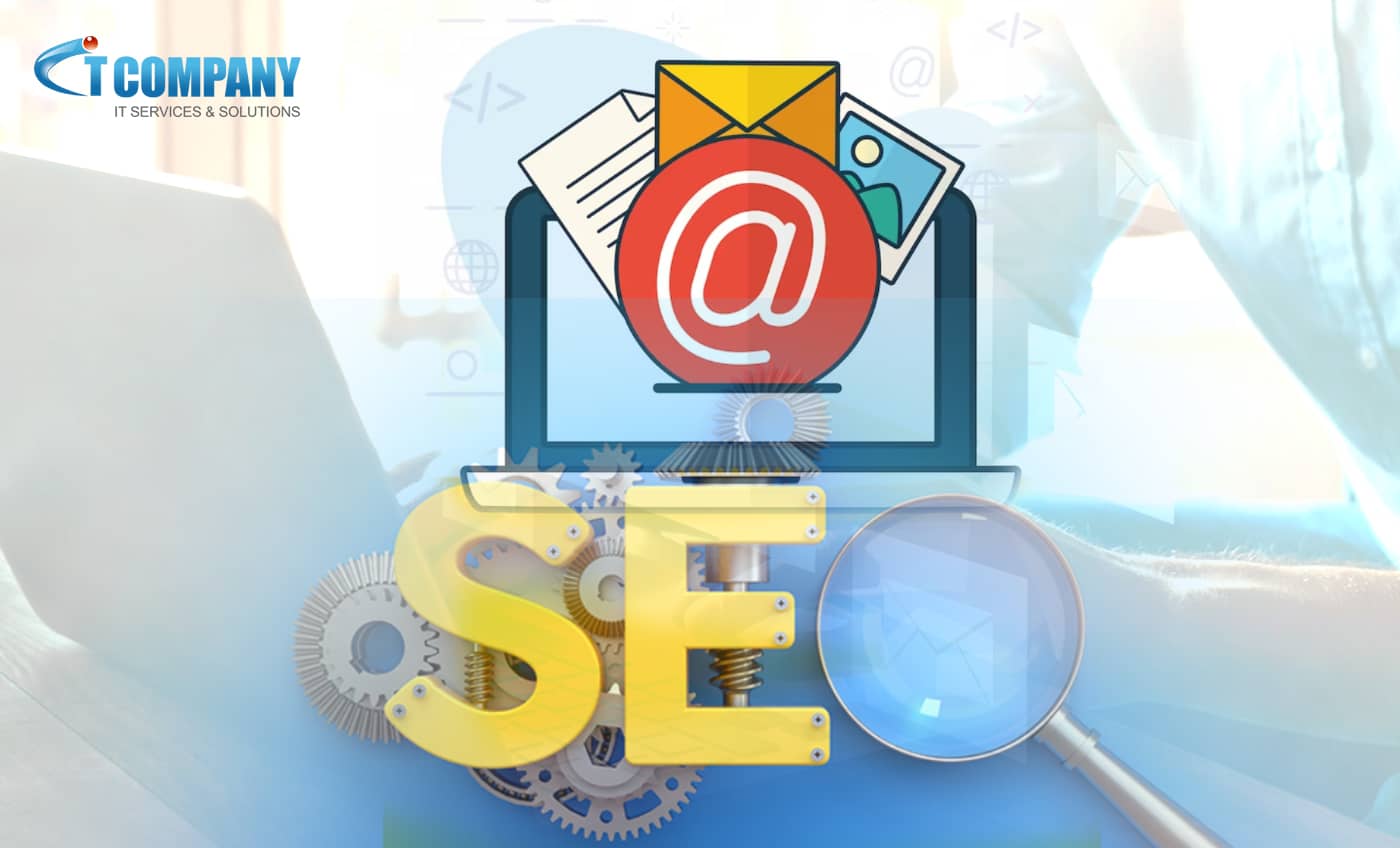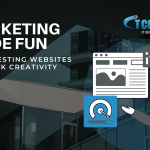SEO and email marketing, though separate practices, often converge at various stages of the customer journey, complementing each other’s impact. However, email and SEO do overlap, and your methods and techniques for one can influence the other.
Let’s look at how email marketing and SEO may complement one another.
The Fundamentals of SEO
We’re going to presume you’re familiar with email marketing. But first, let’s go through how search engine optimization works.
Simply put, SEO is the practice of optimizing a website for increased exposure and interaction on search engine result pages. The objective is to be close to the top of “Page 1” results to boost rankings and increase organic visitors.
When we mention “search engines,” we mainly mean the largest one: Google. According to some estimates, Google controls more than 90% of the worldwide search industry.
Anyone who has worked in SEO will tell you that it is a combination of science and art. That’s because, while we understand certain aspects of how Google ranks online pages, most of it remains a mystery.
Google employs a complicated algorithm that is regularly tweaked and updated. Moreover, Google does not want anyone altering search ranks, something many have tried in the past.
4 SEO ranking considerations
While there are other signals and technical features of site content that influence SEO, the four variables listed below are some of the most typical optimization considerations:
Key phrases
When a query is entered into Google, it searches for those words among the millions of pages in its index. The search engine then delivers a list of results that are likely to be relevant and useful to the searcher. That is a simplified description of how it works, but it will suffice.
The best seo service provider looks for keywords with a high volume (number of monthly searches). And they strive to include such keywords in the correct locations at the appropriate times. However, overusing keywords in an unnatural way might appear spammy and manipulative, which Google dislikes and may harm SEO efforts.
Optimization of the landing page
Other methods of optimizing web pages exist. It also includes meta descriptions explaining the page in the search results and urges searchers to click on it. Image alt text may contain keywords that help graphics rank in a Google image search. The URL of a page can also be optimized using relevant keywords.
On-page optimization entails creating online content that is easy to consume for both site users and search engines. Furthermore, when it comes to user experience, having a website with pages that load quickly and are optimised for mobile devices is critical if you want to rank well in Google search results.
Google has search bots that scan the web. They inspect pages, read information, and follow links to new pages before reporting back to Google’s index. Using h-tags for subheadings in online content helps search engines grasp the primary topic of the page. Bots use internal connections between pages on a website to explore, discover, and index new material.
Hyperlinks
Backlinks from other websites have always been vital in SEO. They indicate that someone other than your brand believes your products and services are worthy of trust and consideration.
This is inspired by early search engines for academic articles that relied on citations. The more an article was mentioned in other studies, the more it ranked higher in search results. Those citations acted as endorsements.
Backlinks function similarly. In most circumstances, the more sites that link to a web page, the more likely search engines will consider the page to be valuable and deserving of visibility. It’s much better if the backlink originates from a high authority site or is linked to your sector. Backlinks, of course, maybe manipulated, which is one of the reasons Google’s algorithm has evolved so much.
Authority and dependability
In the last several years. Google is putting more emphasis on the quality of content on websites, instead of factors like links and keywords.
Google created the E-A-T standards to assist people to grasp what it truly means. E-A-T is an acronym for Expertise, Authority, and Trustworthiness. Although E-A-T is not a direct ranking criterion, adhering to its principles is essential. In essence, Google is determining if the companies and individuals behind online content understand what they are talking about.
In SEO, authority is similar to sender reputation in email marketing. When it comes to email deliverability, if mailbox providers regard you as a reliable sender with high interaction, your message is more likely to reach the inbox. In SEO, if Google regards your brand as a reliable source on a subject, your site will rank higher.
The Relationship Between SEO and Email Marketing
It’s difficult to recognise the link between email marketing and SEO at first. They appear to be planets apart.
The links you include in emails will not help your rankings. Your campaigns are unlikely to appear in search engine results. Organic search visitors are at the start of a client journey, whereas email subscribers are usually somewhere in the middle.
SEO and email marketing collide in content marketing. Content is required by email marketers for newsletters, nurturing software, onboarding, company/product update mailings, and other purposes. Quality content is required for search engine marketers to develop subject authority, acquire backlinks, and rank for the keywords that their target audience uses.
The aim of email marketers and SEOs is similar. Moreover, they want people to click on the information included in emails or search results. So, that customers, subscribers, and prospects visit the website. And once visitors arrive at the website, both sorts of specialists want them to engage and convert.
That is where email marketing and SEO meet. So how do these two techniques interact with one another?
3 ways SEO helps with email marketing
If you have silos in your marketing department, it’s time to break them down. Good things happen when various teams with distinct goals exchange data, ideas, and tactics.
Let’s begin with how good SEO may help an email marketing approach.
Increased organic traffic and list building
SEO is a “top-of-funnel” marketing approach. The organic traffic it generates for a website represents something extremely valuable to email marketers: potential subscribers.
A fresh website visitor might easily be mistaken for a new, qualified email contact. If someone finds your content on Google search and likes what they see, they might desire more from your company. As a result, articles and landing pages that receive a lot of organic traffic should include a call to action. Moreover, there should also be a form that allows visitors to subscribe to your emails. That is how SEO may help you naturally expand your email list.
It’s also an important step in interacting with customers at the beginning of their journey and bringing them down the funnel to the next phase.
Lead nurturing and segmentation
Once organic search visitors subscribe, SEO and email marketing may collaborate to make emails relevant and convincing.
You may utilise the pages a prospect visited before they subscribed to influence your lead nurturing approach. For example, if someone comes across an SEO article on a certain problem, you can send emails with useful advice that targets the same pain area.
You might also categorise subscribers to your emails based on the type of information they viewed. For example, if your company caters to both B2B and B2C customers, use multiple registration forms on content depending on who it was created for. You may then be certain to send the appropriate welcome emails and follow-up communications to those individuals.
Coming up with a subject line
SEO professionals’ keyword research can assist email marketers in increasing their open rates. Email subject line approach may be inspired by SEO-optimized headlines.
Sometimes we get caught up in industry jargon that doesn’t translate to the folks we’re attempting to reach. Keyword assists marketers in comprehending the language that actual people use while solving issues or researching a product.
Your campaigns will resonate with subscribers if you employ relatable language in your subject lines and the body of the email.
Are you looking for the best email marketing services? Visit now!








